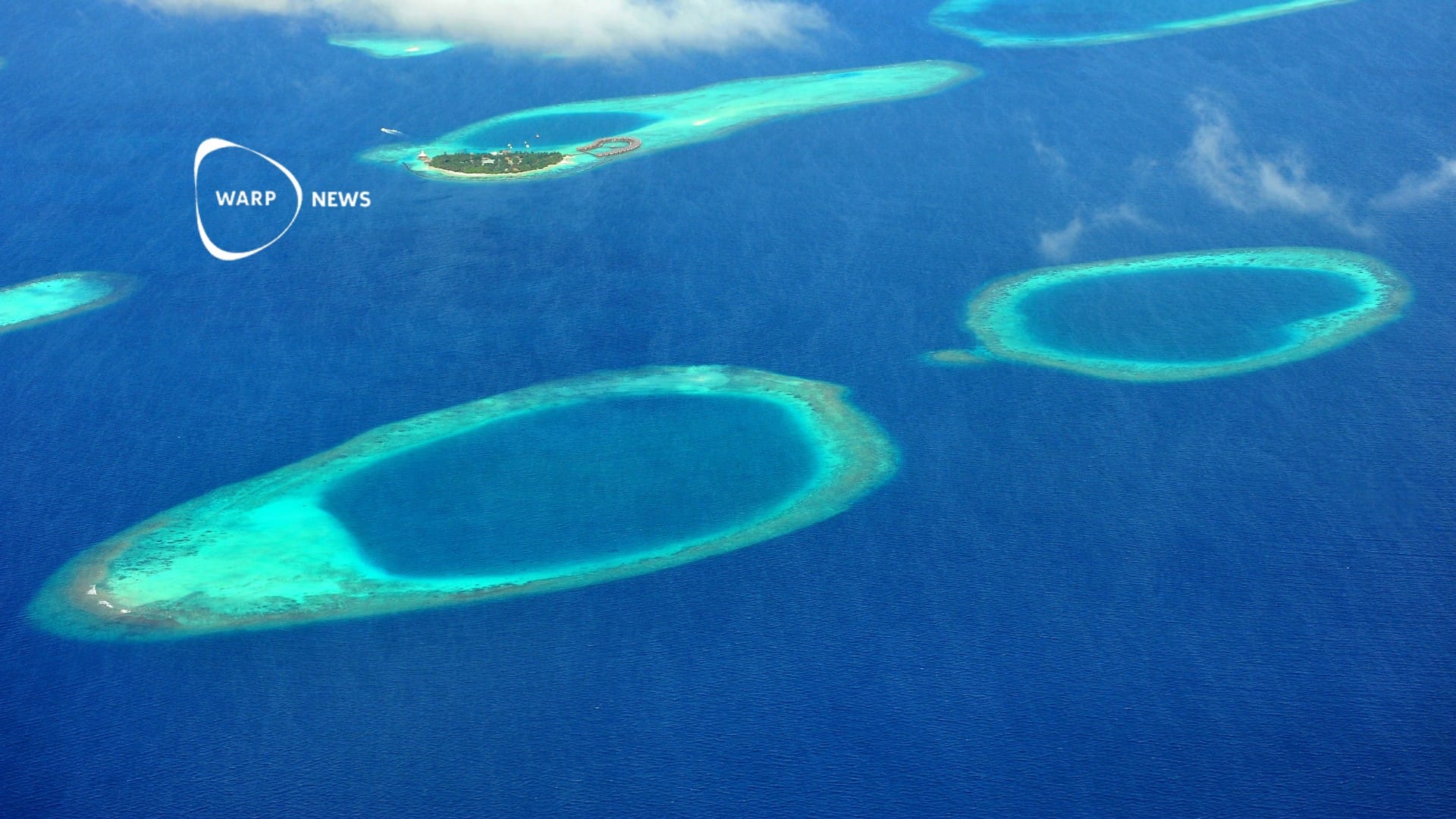Environment
🖥️ AI usage has less environmental impact than claimed
A ChatGPT query uses only 3 watt-hours of energy, equivalent to watching TV for 3 minutes or uploading 30 pictures to social media. Water consumption for AI is low—data centers use only 500 ml of water per 300 queries, while producing a single hamburger requires over 600 gallons of water.
🌎 The Earth has become greener during the 21st century
Satellite data shows that Earth's vegetation was at its most extensive in 2020 since measurements began in 2001. Increased carbon dioxide levels, warmer climate and reforestation contributed to increased greenery in temperate and cold regions.
🧪 Two new methods break down forever chemicals using ordinary light
Scientists have developed two methods using ordinary visible light to break down forever chemicals. The methods work at temperatures as low as 40 degrees Celsius. The new methods could be an important step toward cleaning contaminated soil and water.
💣 Historic clearing of ammunition from the Baltic Sea floor
SeaTerra initiates a groundbreaking effort to clear 1.5 million tons of World War II ammunition from the Baltic Sea floor. The company uses the advanced underwater robot Norppa 300 that can work at 300 meters depth around the clock.
🌳 Forests can naturally regrow in area larger than Saudi Arabia, new study shows
Tropical forests can naturally regrow on 215 million hectares of land without trees needing to be planted. If all identified areas were reforested, it would sequester 23.4 billion tons of carbon dioxide over 30 years.
🌳 Deforestation in the Amazon decreases by 30%
Deforestation in the Brazilian Amazon has decreased by 30 percent over the past year, reaching its lowest level since 2015. In Cerrado, Brazil's savanna region, deforestation also decreased by 26 percent, the first reduction in five years.
🌐 The ozone hole over Antarctica continues to shrink
The ozone hole over Antarctica was the seventh smallest since 1992. Scientists estimate that the ozone layer could be fully restored by 2066.
🏝️ Several atolls are growing despite rising sea levels
Scientists have discovered that many coral islands are growing or maintaining their size despite rising sea levels. Over 1000 islands have been studied and shown surprising resilience to sea level rise.
🌳 Deforestation in the Amazon reaches lowest level since 2018
Deforestation in the Amazon has decreased by 40 percent compared to 2023. May 2024 recorded the lowest deforestation level since March 2018. The accumulated deforestation over the past year has decreased by 54 percent compared to the same period the previous year.








